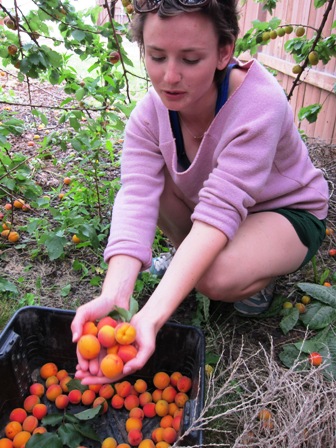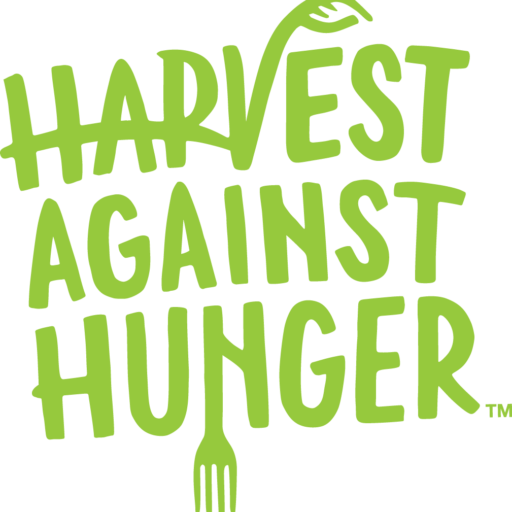How Can We Help?

Plant-a-row and starts
Encourage gardeners to Plant an Extra Row (PAR) for the hungry. If possible, get seeds donated attached with a note with information about donating to local food banks. Distribute them at community events, schools, churches, and businesses or fill a basket with seeds and information to leave at schools and non-profits.
Ask the local food banks and hot meal centers to track incoming produce so your program can measure the success of the PAR program.
Handing out plant starts to food bank clients is a great way to encourage folks to grow produce at home! Ask around at local farmers markets, nurseries or home improvement stores for any plant starts they would like to donate. If you had seeds donated, think about asking your volunteers to grow some plant starts to donate. Include a small handout with instructions on how to care for the plants and growing tips when handing out the vegetable starts.
Community/Food Bank Gardens
Community gardens can be a great resource for garden gurus, produce and space. Ask a community garden to donate a food bank plot or dedicate a specific area for members to grow for food banks.
This year, WWCH had five plots (20’ X 50’) donated by a community garden to grow vegetables specifically for food banks. WWCH volunteers planted, harvested, and delivered carrots, beets, beans, cucumbers, squash and lettuce to the BMAC Food Distribution Center.
Send out an email to your volunteers to get a few dedicated people interested in tending and harvesting the garden on a regular basis. If the community garden is accessible, this can be a great place for volunteers to stop by and help on their own schedule without signing up for specific glean. Otherwise, organize several work parties throughout the growing season to accommodate large groups of volunteers.
WWCH volunteers drop produce off at the BMAC warehouse, but consider “adopting” one local food bank and growing vegetables specifically for them. Survey clients to see what their favorite vegetables are, determine how accessible they are, and grow as many of those varieties in mass quantity as you can! Invite a Master Gardener from the WSU Extension office to come out to give planting suggestions and look at any insect problems.
One important tip from the Master Gardener: focus on growing just two or three crops really well; food banks can use large quantities of one type of vegetable rather than small quantities of many.


